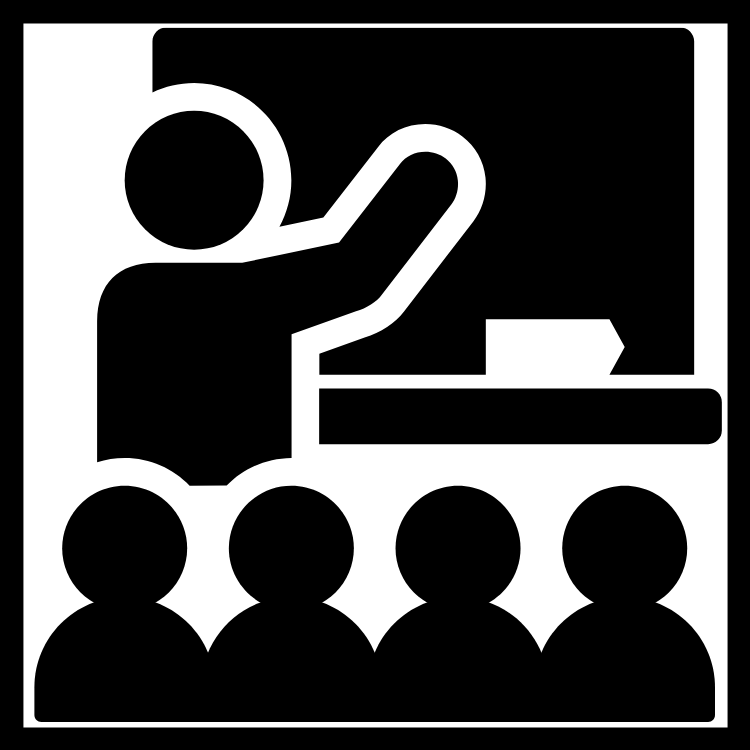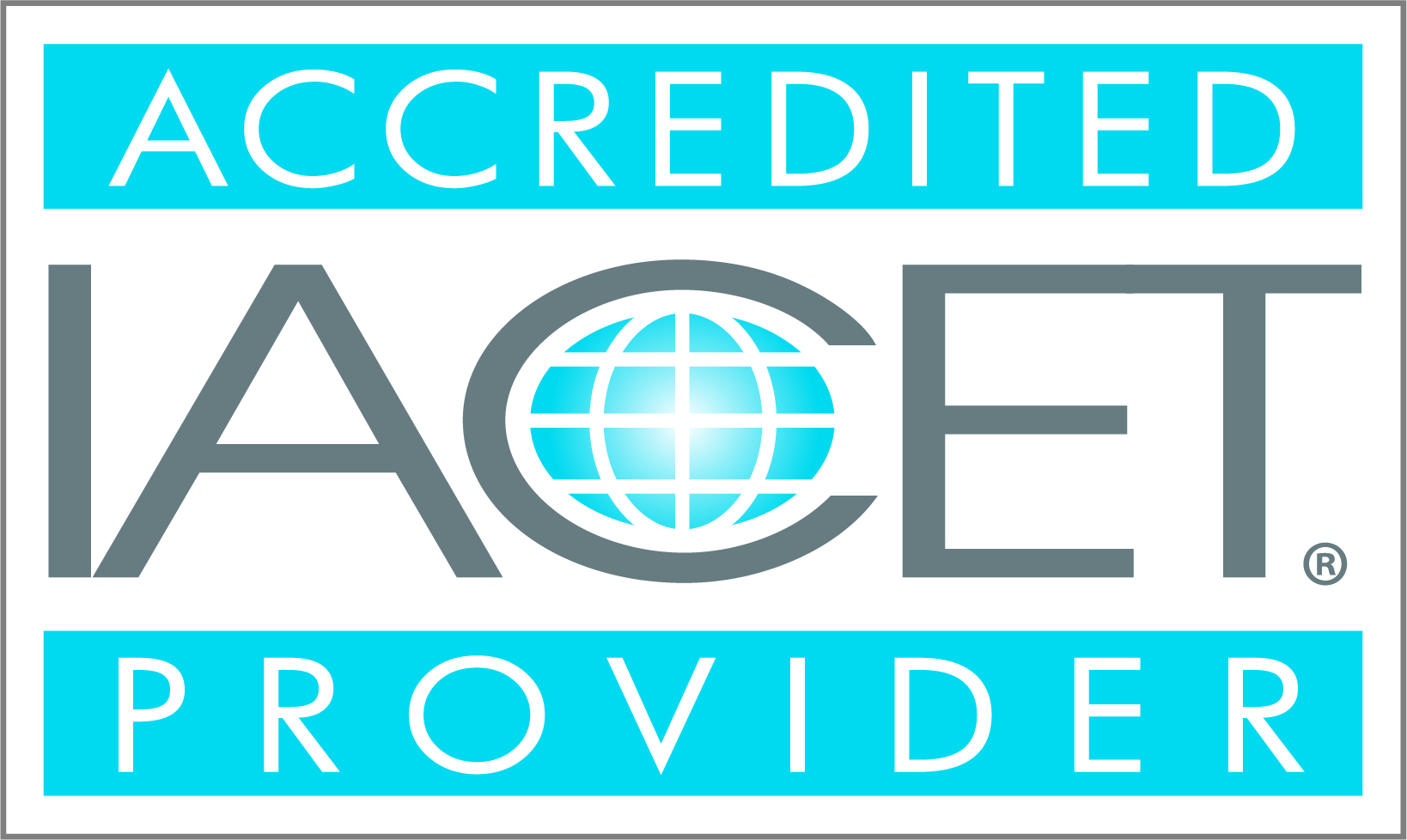Instructor Led Virtual Training
WRITING STANDARD OPERATING PROCEDURES
Well written SOPs can decrease SOP deviations, and improve employee task performance.

WRITING STANDARD OPERATING PROCEDURES (SOP) COURSE OVERVIEW:
“Lack of” or “Inadequate procedures” is listed as one of the most frequent findings in FDA 483s issued year after year. Where are your organization’s procedures? How clear are they? The focus of the writing standard operating procedures training is to apply basic technical writing principles when writing SOPs. This course provides SOP authors the necessary tools to write easy-to-follow procedures, policies, and work instructions.
Note: Technical Writing Principles is a prerequisite to this course. Technical Writing Principles establishes the foundation for learning objectives in Writing SOPs.
*A laptop (PC or Mac) is required for all Technical Writing training courses. Participants are required to have/bring a laptop computer equipped with Microsoft Word as well as an electronic copy of a working document.
Benefits from attending our Writing Standard Operating Procedures course include:
- Decrease the number of revision required
- Create Inspection Ready Documents
- Align document expectations across the organization
- Utilize readability statistics to guide both writers and reviewers
- Improve task performance
TECHNICAL WRITING TRAINING ATTENDEES
Attendees can include anyone who authors, or reviews technical reports, SOPs, validations, investigations, or any quality documents.
Training is essential to achieve and maintain a compliant, effective and efficient quality system. As a result, 90% of our courses are taught on-site at our client’s locations or virtually with an organizational team. For those in need of training but unable to make an on-site training commitment, we offer many of our courses at a variety of locations across the globe, or in virtual online training events.
View the PathWise Events page to find out about our options for a public workshop!
Instructor Led Training
Online Training through ePath

The most cost effective training option is to have PathWise come to your location. We have trainers across the globe, covering almost every continent!
We can also conduct virtual training
To schedule a course at your site fill out the form and a PathWise representative will get back with you shortly!
QUESTIONS?
* These fields are required.
Read what our customers have to say about Technical Writing training!
This course was one of the best, if not THE best, that I have participated in. I have been using the skills that I learned and truly believe that they make a difference.
The big picture came at the end of day one when [the trainer] stated we would have a revelation. Using the functionality of MS Word and proofing, I was able to view the condition of my documents… Let’s just say that my documents were not in as good of shape as I originally thought!
The hands on training for technical writing was beneficial. This gave me an opportunity to actually work on our documents which we are using/revising on a daily basis. This helped me understand where and when to use those skills learned in this course.



